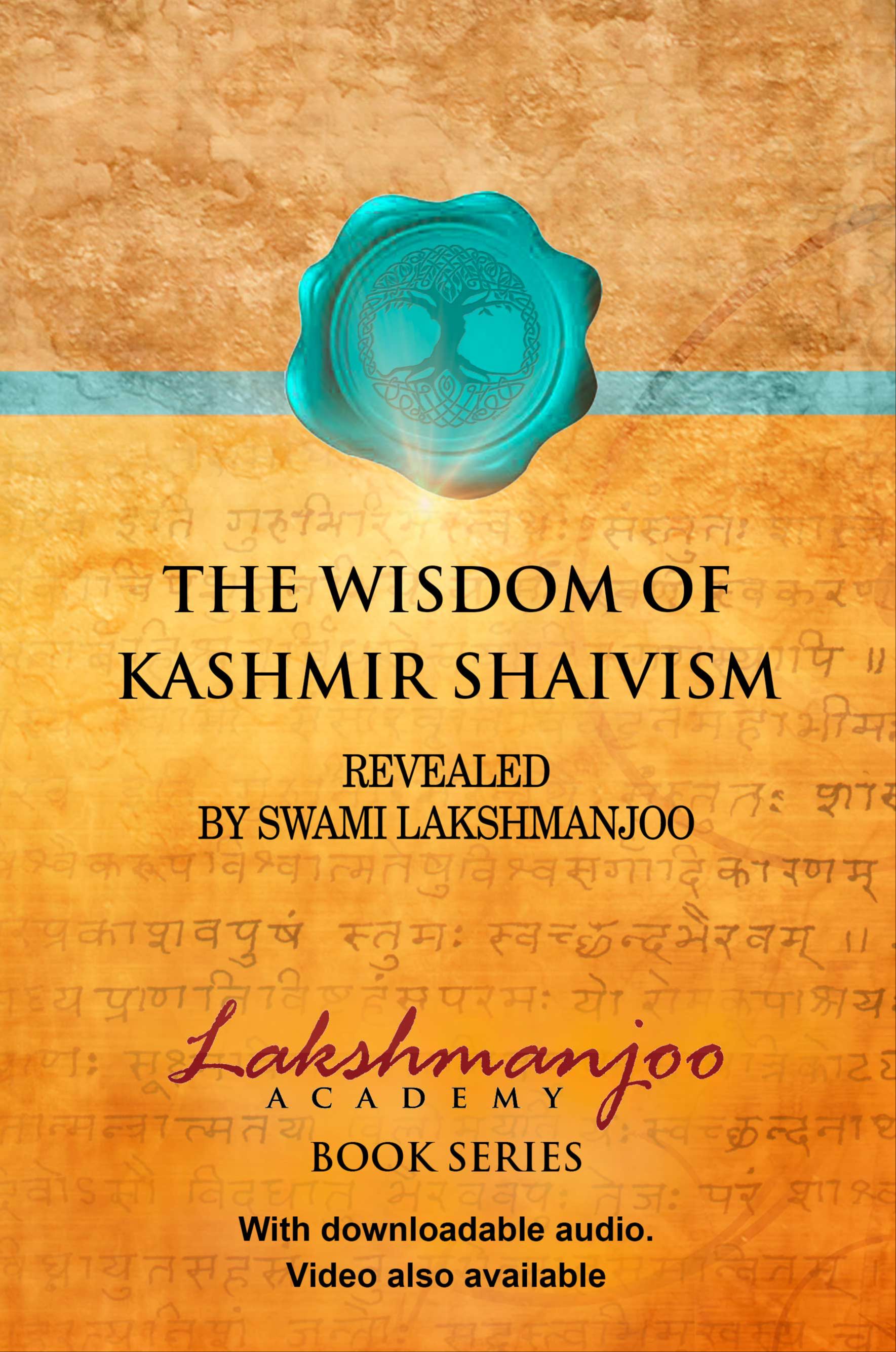
This is an excerpt of the unpublished Bhagavad Gita, by Swami Lakshmanjoo, an audio recording by John Hughes in November 1978 in Kashmir…

dharmakṣetre kurukṣetre sarvakṣatrasamāgame /
māmakāḥ pāṇḍavāścaiva kimakurvata sañjaya //1//
O Sañjaya! In dharmakṣetra, in the field of purity and which was the field of kurukṣetra, in that kurukṣetra, sarvakṣatra-samāgame, where there was the union of all kṣatriyas, kṣatras not Kṣetras.
DEVOTEE: Warriors, kṣatriyas?
SWAMIJI: Kṣatriya means bent upon killing each other. Those people who are bent upon killing each other. Those are called kṣatriyas. This was the gathering of those kṣatriyas there on that battlefield of kurukṣetra. And there was a gathering of all my sons, māmakāḥ and pāṇḍavāścaiva, and five pāṇḍavās on the other side, kimakurvata, what did they do afterwards, what happened afterwards?
Now Abhinavagupta’s interpretation for this first śloka.
atra kecidvyākhyāvikalpamāhuḥ- . . .
Some masters of mine put this kind of interpretation for this war.
Actually kuruṇāṁ-kauravas do not mean only those hundred sons of Dhṛtarāṣṭra. Kauravas mean also karaṇānāṁ yatkṣetraṁ, the field of organs, where there is a field of organs; where organs are held, organs take place. That is the body. Karaṇānāṁ yatkṣetram anugrāhakam.
Kṣetram means anugrāhakam. Anugrāhakam means . . .
JOACHIM: Bliss.
SWAMIJI: . . . bliss bestowers. Actually these organs of senses bestow bliss if they are handled properly. If these organs are handled properly they bestow bliss. If they are not handled properly they bestow grief, sadness.
ata eva sāṁsārikadharmāṇāṁ sarveṣāṁ kṣetraṁ,
So it is the field of all actions, because all actions rise from this body. All actions rise from this body.
‘ayaṁ sa paramo dharmo yadyogenātmasarśanam’ (Yājñavalkya Smṛti)
That, the real and only pure action is that action by which action you can perceive, you can experience God consciousness. And for experiencing God consciousness this also is meant, the same body is meant. Experiencing all worldly activities this kṣetra is meant. This body will do that thing also. And this body will do, side-by-side it will make you fit to recognize the state of God consciousness.
BG audio CD 450 ch 1 (27:30)
sarvakṣatrāṇāṁ kṣaderhiṁsārthatvāt paraspar-avadhyaghātakabhāvena vartamānānāṁ rāgavairāgya-krodhakṣamāprabhṛtīnāṁ samāgamo yatra, tasmin sthitā ye māmakāḥ–avidyāpuruṣocitā avidyāmayāḥ saṅkalpāḥ /
(not recited, comm. verse 1)
Sarvakṣatrāṇāṁ . . . now sarvakṣatrāṇāṁ, now he explains the word kṣatra. Kṣatra means kṣaderhiṁsārthatvāt, kṣaderhiṁsāyam is that verbal root from which verbal root this kṣatra is derived. Kṣad means hiṁsā, hiṁsā means just . . .
JOACHIM: To hurt.
SWAMIJI: . . . hurting. So paraspara who hurts whom, who hurts whom in this body?
Parasparavadhyaghātakabhāvena vartamānānāṁ, they are bent upon killing each other.
Who are they?
Rāga vairāgya krodha kṣamāprabhṛti, from one side there is rāga, attachment. From another side there is detachment [vairāga]. Detachment quarrels with, fights with attachment, rāga. Krodha, anger, wrath one side, another side penance; don’t lose your temper. Vairāgya krodha kṣamā prabhṛtīnāṁ samāgamo yatra, and this is the gathering there, these are gathered there in this battlefield. So this body is a battlefield where these gather, bent upon killing each other, subsiding each other. Tasmin sthitāḥ ye māmakāḥ, and in that field there were my sons, māmakā means my sons.
What is 'my sons'?
My sons does not mean only kauravas, my sons means avidyāpuruṣocitā avidyāmayāḥ saṅkalpāḥ, i.e. this is mine, this is mine, this is mine, this is mine, this is mine, this is māmaka. This is what is called kauravas. So these are these thoughts. These . . .
JOACHIM: Egoistic thoughts.
SWAMIJI: . . . egoistic thoughts that, “this is mine, I want to purchase one more for my comfort.” So this is kaurava, this is the collection of kauravas held in the kurukṣetra that is in this body.
Pāṇḍavā, what is pāṇḍavā, pāṇḍavā means white.
pāṇḍavāḥ–śuddhavidyāpuruṣocitā vidyātmānaḥ /
Śuddhavidyā puruṣocitā vidyātmānaḥ, saṅkalpāḥ, these thoughts pertaining to experiencing the state of God consciousness, i.e., thoughts pertaining to meditation, all these, these are pāṇḍavās.
te kim-akurvata
What did they do on this battlefield of the body? O Sañjaya!
That means ke jitā . . .
–keiḥ khalu ke jitā iti yāvat /
. . . who won, who were defeated, who were winners, and who were defeated?
mameti kāyatīti māmakaḥ
Māmaka means who always believes, “mine, mine, mine, mine, mine!”
avidyāpuruṣaḥ /
So it is ignorance, the body of ignorance. And pāṇduḥ is śuddhaḥ, clean, white, detached being. This is one interpretation of this meaning. The another is already known to everybody.
(source: Bhagavad Gita, by Swami Lakshmanjoo,
from the Audio Archives of the Lakshmanjoo Academy)
All Content is subject to Copyright © John Hughes.






